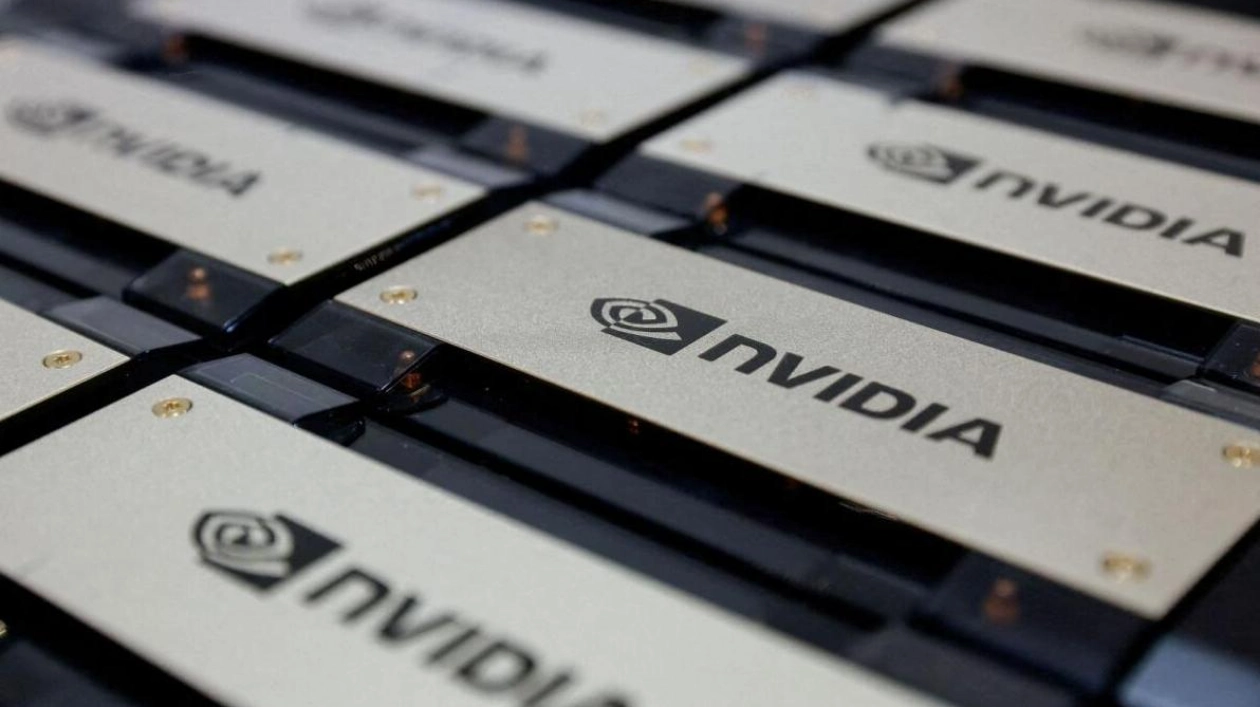A senior executive at Huawei, the Chinese technology giant, on Thursday rejected the notion that a scarcity of the most sophisticated artificial intelligence chips would impede the country's goal of becoming a leader in AI. However, he emphasized the need for innovation to tackle this issue. Zhang Ping'an, CEO of Huawei Cloud, made these remarks amidst heightened US restrictions on advanced AI chip exports to China, including a ban on sales by companies like US-based Nvidia.
"Nobody can deny that we are facing limited computing power in China... But we cannot solely depend on having AI chips with advanced manufacturing process nodes as the ultimate foundation for AI infrastructure," Zhang stated at a forum during the World AI Conference in Shanghai, a three-day event that commenced on Thursday. "If we believe that not possessing the most advanced AI chips means we will be unable to lead in AI, then we must discard this viewpoint," Zhang added.
Huawei, which has been placed on the US Entity List, prohibiting it from purchasing advanced chips from US companies, has developed its own AI chip product named Ascend. This chip is now utilized by numerous companies in China for training AI models. However, the Ascend AI chip, along with many others from Chinese companies, is deemed significantly inferior in terms of computing power compared to Nvidia's offerings.
Zhang advocated for innovative strategies that emphasize the cloud, which he believes can help compensate for the lack of advanced AI chips through innovations in computing architecture. He also highlighted the need for a converged approach that integrates cloud, edge, and networks to reduce energy consumption and enhance overall efficiency. Zhang praised Huawei Cloud as being among the leaders in providing such innovative solutions.






